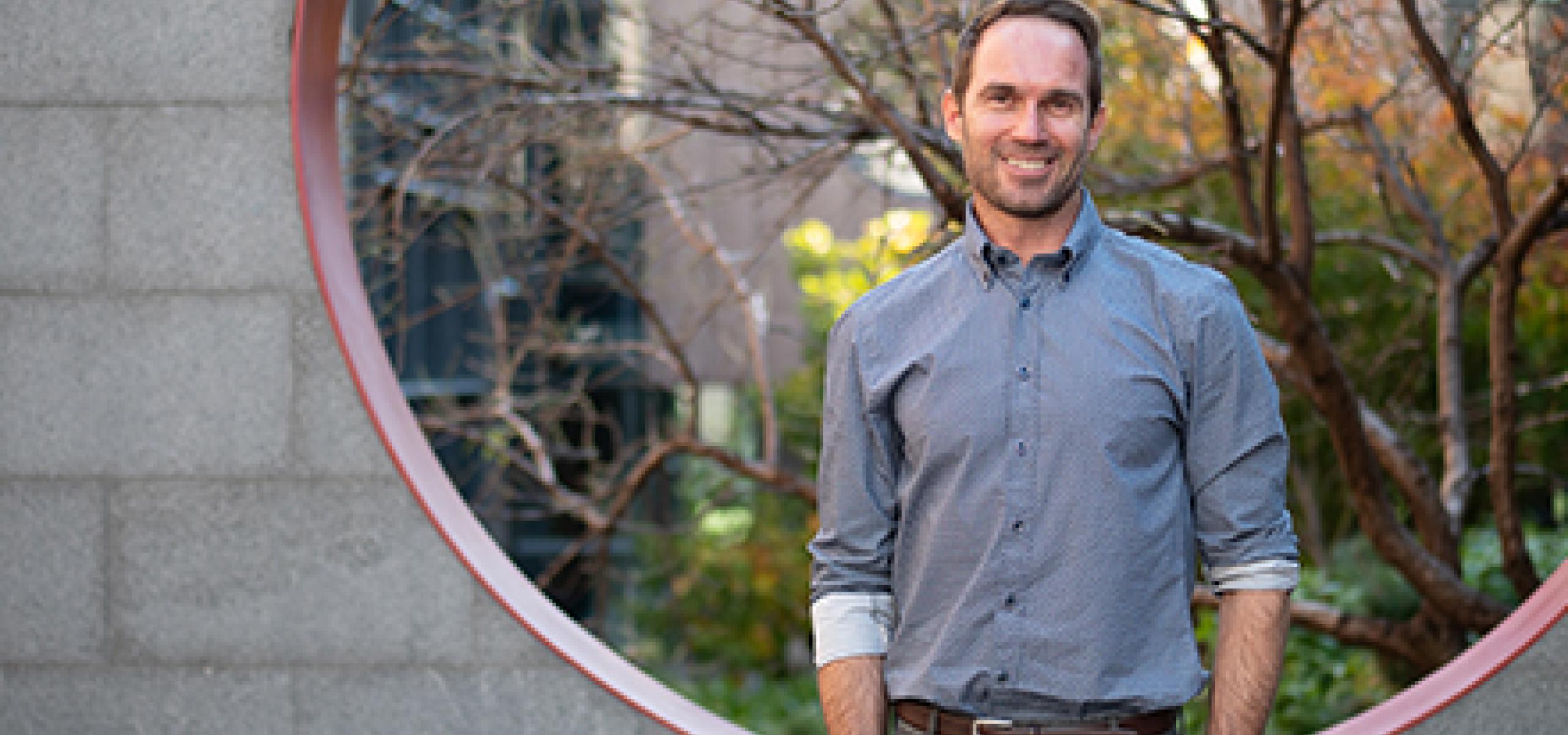
Professor Jolyon Ford SFHEA is an expert on complex transnational supply chains and their relationship to the global market for consumer and other goods.
It is a great honour, especially when I look around at the all-round excellence of so many Fulbright alumni.
Professor Jolyon Ford SFHEA, Associate Dean (International) at The Australian National University (ANU) College of Law, has been named a 2021-22 Fulbright Fellow.
He will be appointed to the Center for Responsible Business at the University of California, Berkeley, where he will continue his internationally-renowned research into regulating human rights risks in global supply chains.
The Australian-American Fulbright Commission offers Scholarships to Australian citizens across all career stages. Awardees take part in a bilateral academic and cultural exchange, pursuing research or study at a US institution.
Named in honour of US academic and politician Senator J. William Fulbright, the program was enshrined by a treaty signed in Canberra on 26 November 1949. More than half a century on, its mission remains as relevant as ever, noted Professor Ford.
“Senator Fulbright’s mission of building understanding and networks across nations and cultures certainly resonates at this time. It is a great honour, especially when I look around at the all-round excellence of so many Fulbright alumni, and again on meeting (on Zoom) others selected in this round,” he said.
Professor Ford will use his fellowship to study California’s Transparency in Supply Chains Act 2010, the UK’s Modern Slavery Act2015 and Australia’s Modern Slavery Act2018 (Cth). He will also research the effectiveness of various mechanisms in promoting corporate transparency and accountability, and ways to avoid the pitfalls of reporting schemes that do not necessarily deliver either of those goals.
His fellowship will deepen research links for ANU across other research interests, such as the governance of ethical artificial intelligence, in the wider Bay Area and Silicon Valley.
“My broader interests are two-fold, really: How do we ground universal human rights norms in practical legal measures at the national level? And how, through law and regulation, do we engage the private sector in the public policy objective of promoting human rights (and ending slavery),” added Professor Ford.
“A Californian corporate reporting statute on forced and child labour has inspired other legislation around the world, including in Australia. The Fulbright will help us understand the design assumptions in such ‘transparency’ schemes and when they might yield corporate accountability. It will also help build research links between our national university and California’s public university system, of which Berkeley is the epitome.”
Professor Ford will moderate a panel discussion on how multilateral organisations can address modern slavery at a half-day workshop on Friday 28 May 2021 at the ANU moot court.
See here for more information and to register.